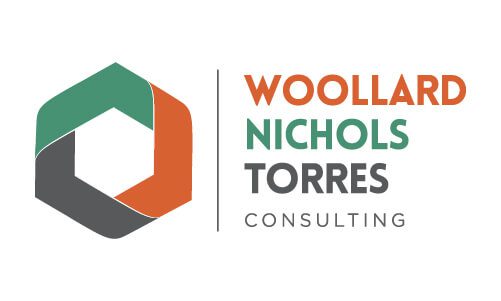A while back, I got an email informing me that we didn’t get a grant that I had convened a team of consultants to apply for. A dozen lines in response to an application that required well over 100 combined hours of unpaid work to submit – no question that it was a downer to receive.
But as I’ve had time to reflect on the process, it’s clear to me that the effort of putting together a grant proposal can be as valuable as the outcome… if you take the time to reflect on the process and what you learned from it. Here are three questions to ask yourself when you receive the dreaded grant rejection letter.
What did the grant process offer in terms of refining our organizational theory and conceptual frameworks?
We don’t often sit around and ponder the theories that our strategies, programs and services are based on. There simply isn’t time. But in the case of a grant application, that opportunity is forced upon you, and it can yield new findings related to concepts or practices that may not have been uncovered previously.
In today’s data-driven government and foundation funding climate, most funding opportunities demand a rigorous adherence to evidence-informed practices and research-informed proposals, which for the grant applicant translates into dedicating a lot of staff time to research, planning and coordination of the grant proposal. At the same time, grants are more competitive than ever, and the reality is that even the most high-quality proposals may not be selected due to lack of funding.
To maximize the benefit of taking the time to apply for a grant, be willing to reflect on the potential new models, strategies, and approaches that the grant encouraged, even if they weren’t funded. Take some time to review the academic sources, government task forces, or foundation initiatives that were referenced in the grant guidelines. Chances are you will start to see trends that will provide strategic guidance for your organization as you continue to seek funding to support your mission.
What did the opportunity teach us about current and proposed partnerships?
Reflection on a grant proposal process also provides fantastic insights about current and future partners. Who stepped up to the plate and committed 100% to the process? Who had to be dragged in kicking and screaming? Who was willing to provide generic “support,” and who was willing to provide real support in the form of potential funding or in-kind resources for the project?
Evaluating the team – internal or external – that prepared the grant narrative is also valuable in assessing strengths and weaknesses and in understanding topic area expertise for future endeavors. It’s also a great reminder to write a thank you note or bring doughnuts to the folks who went above and beyond the call of duty during the process to ensure that their hard work didn’t go unnoticed.
How can failing early lead to later success?
The concept of rapid prototyping in technology-related industries has been around for some time, but it’s relatively new to the public and non-profit sectors. Essentially, rapid prototyping is the notion of “learning faster by failing early” through the creation of a tangible product that can be quickly modified and re-tested. In the case of a grant, that product is the grant application itself. Developing a grant proposal is an iterative process, and the brainstorming doesn’t have to cease when the grant is submitted. Rapid prototyping allows for the exploration of new ideas and behaviors, which leads to creativity and innovation.
As a leader, challenge your colleagues to consider a grant denial as an evaluation opportunity. Think of the time set aside for reflection as an investment – it can prepare your organization to compete in the next round of funding, it can help to craft a plan for alternate funding for the project, or it may even offer the possibility of finding a superior approach.

